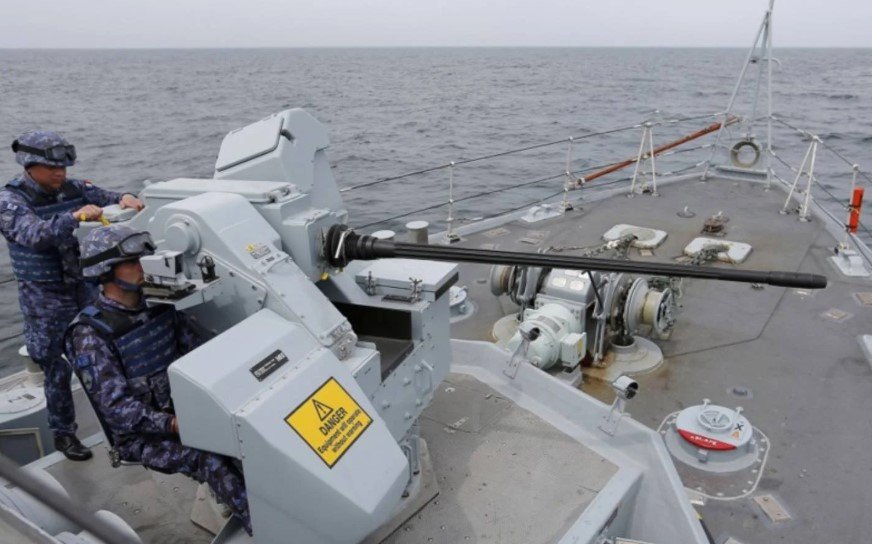The United States brokered separate agreements with Russia and Ukraine on Tuesday to halt attacks on maritime and energy targets, marking a rare diplomatic breakthrough. But Moscow insists sanctions relief must follow — or the deal won’t hold.
A Fragile Deal with High Stakes
The agreements come at a pivotal moment. It’s the first formal commitment from both sides since President Donald Trump took office, with his administration pushing for an end to the ongoing war in Ukraine. While the ceasefire’s timing and execution remain unclear, the deals represent a flicker of hope in an otherwise entrenched conflict.
Russia’s immediate response, however, was blunt: the Kremlin declared the agreements would only kick in if key Russian banks regained access to the international financial system. Without that, Moscow suggested, the truce might unravel before it begins.

Sanctions Relief: A Russian Win?
The U.S.-Russia deal extends beyond a battlefield pause. Washington pledged to support easing sanctions on Russian agricultural and fertilizer exports — a long-standing demand from Moscow. This move signals a shift in strategy, prioritizing economic incentives to encourage peace.
- Russia wants restored banking links to process international transactions.
- The U.S. aims to balance sanctions relief with maintaining leverage.
- Ukraine, wary of Moscow’s intentions, remains cautious about any compromises.
For Russia, unlocking agricultural exports isn’t just about economics — it’s a strategic lifeline. Fertilizer exports, particularly, are a major revenue source. Sanctions have throttled that income, hitting Moscow where it hurts.
Kyiv’s Uneasy Position
For Ukraine, the situation is more complicated. President Volodymyr Zelenskyy, facing internal pressures and European skepticism, knows a truce can’t come at the expense of sovereignty or security. Yet Kyiv can’t ignore Washington’s push for dialogue.
Ukraine agreed to the maritime ceasefire but hasn’t received promises of sanctions relief like Russia. This imbalance raises concerns in Kyiv — will a partial peace cost them Western support?
A Ukrainian official, speaking anonymously, noted, “We’re cautious. Any truce that gives Moscow more breathing room without guaranteeing our safety is risky.”
What’s Next: Diplomacy or Deadlock?
The agreements remain fragile. Several questions hang in the air:
- When will the ceasefires start? No clear timeline has emerged.
- Will Russia hold to its word? Past truces collapsed quickly.
- Can the U.S. navigate sanctions politics? Congress may resist lifting economic penalties.
Washington’s balancing act — seeking peace while maintaining pressure — will define what happens next. Moscow holds a key bargaining chip with its demand for financial reintegration. Ukraine, meanwhile, needs assurance that it won’t be left out of future negotiations.
One thing is certain: this isn’t a done deal. The world will be watching to see if the battlefield truly falls silent — or if diplomacy falls apart once again.
